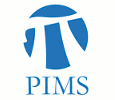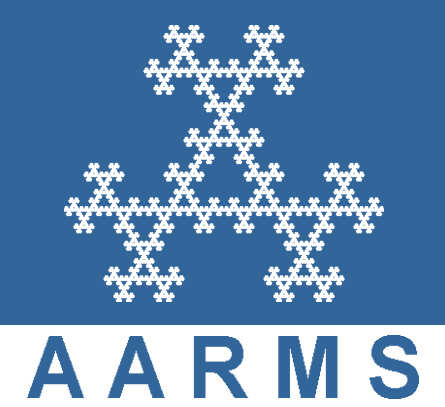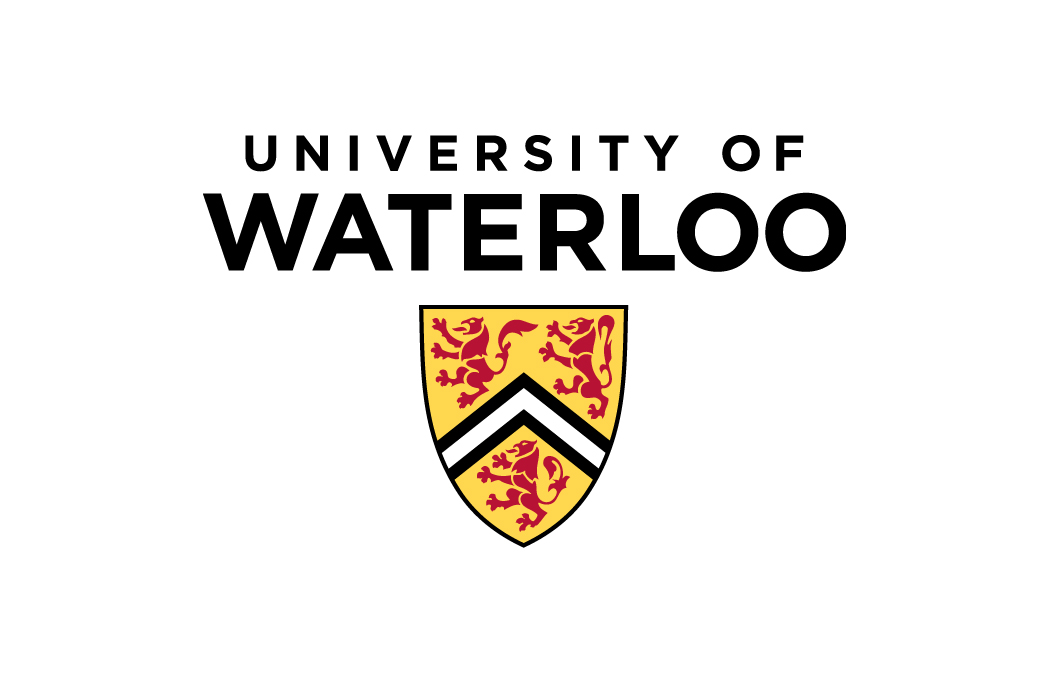2017 CMS Winter Meeting
Waterloo, December 8 - 11, 2017
Org: Barbara Forrest and Brian Forrest (University of Waterloo)
[PDF]
- PETRA BONFERT-TAYLOR, Thayer School of Engineering, Dartmouth College
A data-driven approach towards instruction in an introductory programming class [PDF]
-
Computer programming has become an essential skill in young people’s trajectories for academic success in STEM, entry into STEM professions, and increasingly across a broader spectrum of career choices. Unfortunately, recruiting and retention of a diverse student body, particularly women and students from underrepresented populations, into computing and STEM careers remains a complex challenge involving broad differences in student preparation, cultures and needs.
I’ll demonstrate some novel instructional strategies (and tools) to teach and learn C-programming. I’ll also demonstrate our automated data collection and analysis platform which is at the core of our ongoing work in Educational Data Mining with the goal to better understand the individual pedagogical gateway barriers that prevent students from attaining proficiencies in computer programming. I’ll finish by showing how this work has in turn uncovered hidden stumbling blocks for students and thereby informed a course re-design of my introductory programing course to improve student outcomes.
- CARMEN BRUNI, University of Waterloo
Classroomless Classrooms [PDF]
-
If we reinvented lecturing for the 21st century what would it look like? Would classes be taught using static videos? Would there be more or less contact time with students? Would classroom sizes get smaller or larger? In this talk, I will demonstrate a simple way to livestream lectures over a well used internet medium and discuss some of the pros and cons to doing so.
- GERDA DE VRIES, University of Alberta
Blending First-Year Calculus: Tales from the Trenches on blending Calculus for the Physical and Life Sciences [PDF]
-
Blended learning is a combination of face-to-face and computer-mediated teaching and learning activities. Blended learning gives students some control over the time, place, content, and pace of their own learning, and it provides instructors with flexibility to enhance and "flip" the in-class experience. At the University of Alberta, we created and designed Calculus for the Physical Sciences I and II and Calculus for the Life Sciences I in a blended format. In these courses, we also experimented with two-stage exams, to provide a better learning opportunity for students.
I will present an overview of the structure of our blended courses, and provide examples of some of the online material that we produced and face-to-face learning activities that we experimented with. I will share some initial feedback (from students, observers, and the instructor), and reflect on our successes and challenges.
- JIM FOWLER, The Ohio State University
Using Ximera to build online interactive math activities [PDF]
-
Many mathematicians are comfortable authoring handouts in LaTeX, but there is some pain in converting a paper or PDF handout into an interactive webpage with autograded questions. A solution is Ximera, an open-source system for deploying interactive LaTeX documents on the web. For instance, Ximera converts markup into computer-graded answer blanks, and then records whether or not a particular student entered a correct response into the gradebook in the LMS. By making deep use of git, Ximera enables teams of instructors to collaborate on the creation of online activities. This talk will demonstrate the system and discuss the results of experiments comparing the performance of students using Ximera to students using other commercial systems.
- DEBORAH HUGHES HALLETT, University of Arizona/Harvard Kennedy School
The Internet and Globalization [PDF]
-
The Internet brings a world of information to our classrooms. This talk will suggest that we harness the Internet and use the mathematics we teach to illuminate the world around us—-and allow the world to illustrate our mathematics. We live in a globalized world: Why not a globalized classroom?
- VESELIN JUNGIC, Simon Fraser University
Looking for "Math Circles in the Sky" [PDF]
-
After giving a brief description of the Math Catcher Outreach Program, I will talk about a piece that is still missing: reaching out to young members of Aboriginal communities across Canada and offering them an opportunity to fully explore and develop their mathematical talents. I will present a possible model of such a program based on modern technology. The model is inspired by the Navajo Math Circles project initiated by Tatiana Shubina, the Masters of Mathematics for Teachers program created by Barbara and Brian Forrest, and by hundreds of Aboriginal learners and their teachers that I have met through the Math Catcher program.
- CARRIE KNOLL, University of Waterloo
Lessons Learned in Open Online Courseware [PDF]
-
There are many challenges that authors face when attempting to create effective online math lessons to be viewed by a broad unspecified audience. In particular, how does lesson design change if the student will have no interactions with the teacher? Can authors of online lessons control, or at least shape, what remote users are actually learning from their lessons? Can online lessons train users to check their own understanding? In this talk, I will share some lessons that I have learned while participating in an open courseware project at the University of Waterloo and discuss how these lessons might inform classroom teaching.
- JIM ROLF, Yale University
ONEXYS: An Online Bridge Program to Boost Mathematical Preparedness for Incoming Students [PDF]
-
Online Experiences for Yale Scholars (ONEXYS) is a not-for-credit summer experience for incoming students who might lack some preparation for quantitative reasoning requirements at Yale. We discuss the design and implementation of ONEXYS as well as the challenges of motivating students to learn in the context of a not-for-credit experience. Lastly, we provide quantitative and qualitative assessment data from the last 3 years.
- ZOHREH SHAHBAZI, University of Toronto Scarborough
Online Tools for Enhancing Math Education [PDF]
-
First-year students often have difficulties in learning the material in university calculus courses. One of the reasons for such difficulties is that students do not have sufficient knowledge and confidence in the fundamental mathematics skills that are essential for the success in these courses. To address this issue, the Math and Statistics Learning Centre at University of Toronto Scarborough developed 12 online modules to be used as self-directed learning support for mathematics skill development. Modules 1-8 cover foundational concepts, and modules 9-12 cover advanced concepts. For upper level mathematics courses, we developed a journal named “Math In Action” which provides students studying mathematics and statistics with a platform to share their work. Math In Action could be used for research assignments in senior undergraduate and graduate mathematics courses. It is our hope that this journal will help foster greater student engagement in mathematics programs. It will also give researchers the opportunity to interact with students and inspire greater interest, with the hope of creating stronger generations of future researchers. In this session, design and implementation of the various components of learning modules in multiple support contexts and Math In Action Journal will be presented.





